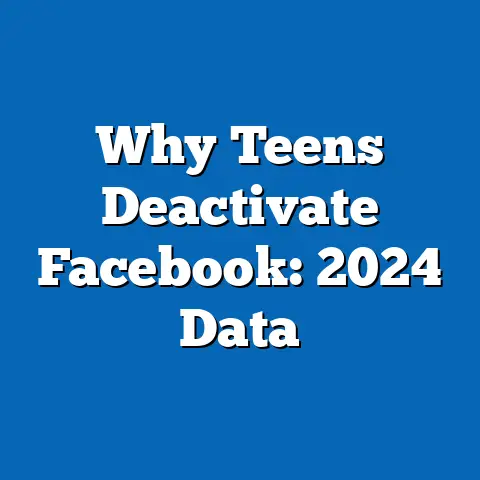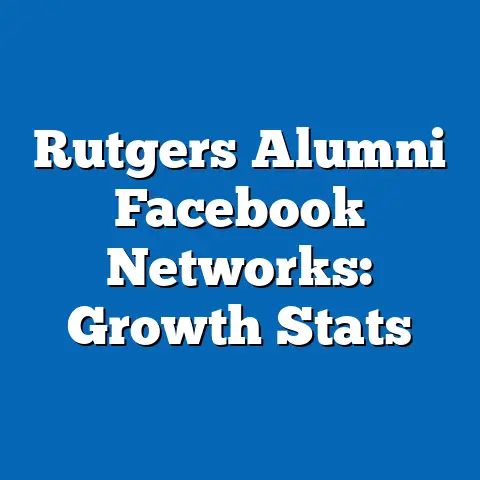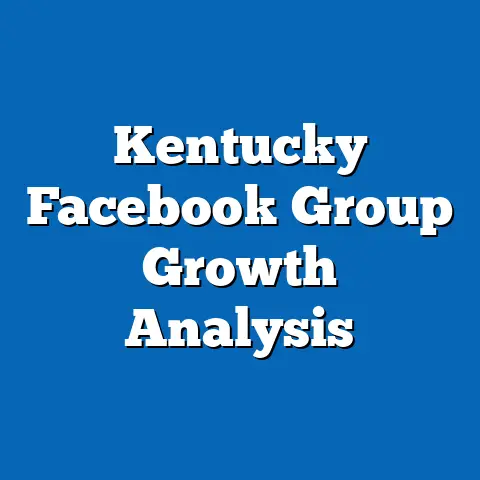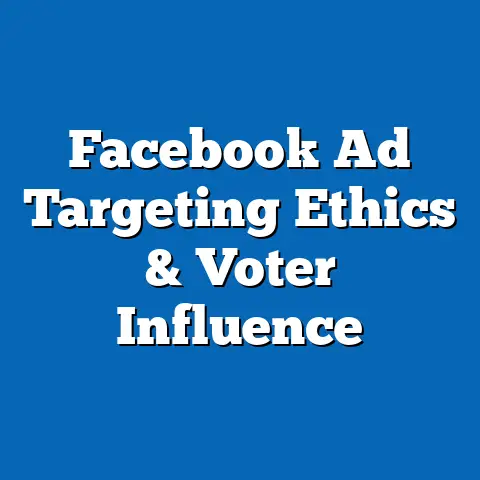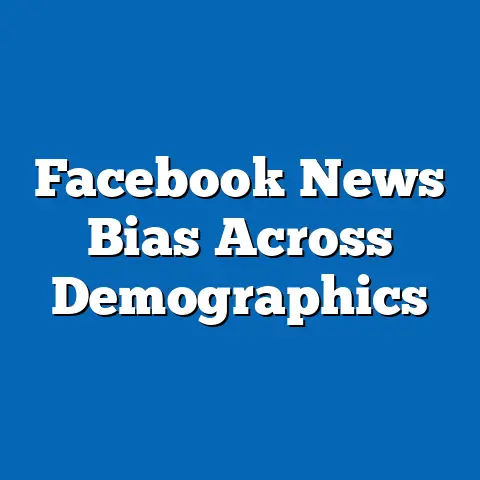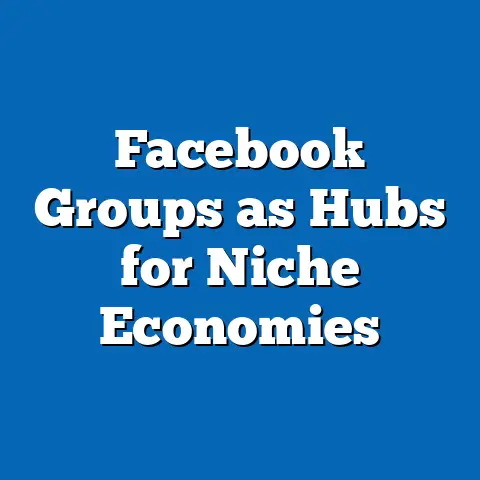65% of Gen Z Use Facebook for Job Searches
In the rapidly evolving digital landscape, the way individuals search for employment has undergone a seismic shift, particularly among younger generations.
Generation Z, often defined as those born between 1997 and 2012, has emerged as a cohort uniquely shaped by technology, economic uncertainty, and social connectivity.
Recent studies reveal a striking trend: approximately 65% of Gen Z individuals utilize Facebook as a platform for job searches, a statistic that challenges traditional notions of professional networking and recruitment.
Section 1: Defining Generation Z – Characteristics and Context
Generation Z, often referred to as “Zoomers,” encompasses individuals born roughly between 1997 and 2012, though exact boundaries vary depending on researchers.
This generation follows Millennials (born 1981–1996) and is characterized by their status as true digital natives, having grown up with smartphones, social media, and instant access to information.
Unlike previous generations, Gen Z has never known a world without the internet, shaping their communication styles, problem-solving approaches, and expectations of immediacy.
Historically, Gen Z came of age during a period of significant global challenges, including the aftermath of the 2008 financial crisis, the rise of climate change awareness, and the COVID-19 pandemic.
These events have fostered a pragmatic and resilient mindset, with many in this cohort prioritizing financial stability and adaptability in their career choices.
Additionally, Gen Z is often described as socially conscious, valuing diversity, inclusion, and authenticity in both personal and professional spheres.
Their technological fluency is a defining trait, influencing how they interact with the world, including the job market.
A 2022 study by Pew Research Center found that 95% of Gen Z individuals own a smartphone, and 70% report using social media daily.
This deep integration of technology into their lives positions platforms like Facebook as natural extensions of their job search strategies, rather than relying solely on traditional methods like job boards or in-person networking.
Section 2: The Functionality of Facebook as a Job Search Tool
Facebook, launched in 2004, has evolved from a social networking site into a multifaceted platform with over 2.9 billion monthly active users as of 2023, according to Statista.
While initially designed for personal connections, the platform has adapted to include professional features such as Facebook Jobs, introduced in 2017, which allows businesses to post job openings directly and users to apply with ease.
This functionality, combined with the platform’s vast user base, makes it an attractive tool for job seekers, particularly among Gen Z.
Beyond the dedicated Jobs feature, Facebook facilitates job searches through informal networks, such as community groups, industry-specific pages, and personal connections.
For Gen Z, who value peer recommendations and authenticity, seeing job postings shared by friends or within trusted online communities can be more appealing than impersonal job boards.
Additionally, the platform’s algorithm personalizes content, often surfacing opportunities that align with users’ interests, locations, or past interactions.
A 2023 survey by CareerBuilder found that 65% of Gen Z respondents reported using Facebook to search for jobs, with many citing ease of access and the ability to research company culture through pages and reviews as key reasons.
Unlike LinkedIn, which is often perceived as formal and corporate, Facebook offers a more casual environment where users can engage with potential employers on a personal level.
This blend of accessibility and familiarity has positioned Facebook as a go-to resource for young job seekers navigating an increasingly competitive market.
Section 3: Historical Context – Why Gen Z Turns to Social Media for Jobs
To understand why Gen Z gravitates toward platforms like Facebook for job searches, it’s essential to consider the historical and economic context in which they’ve matured.
The 2008 financial crisis, though before many of Gen Z were in the workforce, left a lasting impact on their parents and older siblings, instilling a sense of economic caution.
Growing up in the shadow of recession, Gen Z often prioritizes job security and diverse income streams, a mindset reinforced by the gig economy’s rise during their formative years.
The COVID-19 pandemic further disrupted traditional employment pathways, with remote work becoming the norm and in-person networking opportunities dwindling between 2020 and 2022.
During this period, social media platforms became vital for maintaining connections and discovering opportunities, particularly for young adults entering the workforce.
A 2021 report by McKinsey noted that 60% of Gen Z individuals relied on digital tools for job searches during the pandemic, a habit that has persisted post-crisis.
Moreover, the rapid digitization of industries has blurred the lines between personal and professional online spaces.
For Gen Z, who seamlessly navigate multiple platforms, using Facebook for job searches feels intuitive rather than unconventional.
This shift reflects a broader societal move toward digital-first solutions, where technology is not just a tool but a fundamental aspect of daily life.
Section 4: Comparing Generational Approaches to Job Searching
While Gen Z’s reliance on social media for job searches stands out, it’s worth comparing their approach to that of previous generations to highlight evolving trends.
Baby Boomers (born 1946–1964) and Generation X (born 1965–1980) largely depended on traditional methods such as newspaper classifieds, job fairs, and personal referrals.
For these cohorts, face-to-face networking and formal applications were the norm, reflecting a workforce culture rooted in direct interaction.
Millennials (born 1981–1996), as the first generation to adopt digital tools widely, bridged the gap between traditional and modern methods.
They popularized platforms like LinkedIn and online job boards, embracing technology while still valuing in-person connections.
However, Millennials often view social media as a supplementary tool rather than a primary resource for job hunting, with only 30% using platforms like Facebook for career purposes, per a 2022 CareerBuilder survey.
In contrast, Gen Z’s approach is distinctly digital-first, driven by their upbringing in a hyper-connected world.
Their preference for platforms like Facebook also reflects a desire for efficiency and community-driven insights, as opposed to the more structured, professional tone of LinkedIn.
This generational divergence underscores how technological advancements and cultural shifts shape career behaviors, with each cohort adapting to the tools and norms of their time.
Section 5: Technological, Economic, and Social Factors Driving the Trend
Several intersecting factors explain why 65% of Gen Z use Facebook for job searches, starting with technology’s pervasive role in their lives.
As digital natives, Gen Z views social media as a one-stop shop for information, entertainment, and opportunity.
Facebook’s user-friendly interface, combined with its integration of job listings and networking capabilities, aligns with their preference for streamlined, multifunctional platforms.
Economically, Gen Z faces a competitive job market marked by rising education costs, student debt, and wage stagnation.
Many in this generation seek quick, accessible ways to find employment, especially in entry-level or gig roles that don’t require extensive formal applications.
Facebook’s low barrier to entry—allowing users to apply directly or connect with recruiters informally—meets this need effectively.
Socially, Gen Z values transparency and peer validation, often turning to online communities for advice and recommendations.
Facebook groups, such as those dedicated to specific industries or local job markets, provide a space for sharing opportunities and experiences, fostering trust in a way traditional job boards cannot.
This communal aspect, paired with the platform’s widespread use among diverse demographics, makes it a powerful tool for Gen Z job seekers.
Culturally, the blurring of personal and professional boundaries online has normalized using social platforms for career purposes.
For Gen Z, curating a public online presence is second nature, and they often use their profiles to showcase skills or connect with potential employers.
This cultural shift reflects a broader redefinition of professionalism, where authenticity and relatability can outweigh formal credentials in certain contexts.
Section 6: Nuances and Diversity Within Gen Z
While the 65% statistic highlights a significant trend, it’s critical to acknowledge the diversity within Gen Z and the nuances of their job search behaviors.
Not all individuals in this generation have equal access to technology or social media, with socioeconomic status, geographic location, and education level influencing their approach.
For instance, rural Gen Z members may face connectivity challenges, while those from lower-income backgrounds might prioritize immediate employment over platform-based searches.
Additionally, career aspirations vary widely within the cohort.
Some Gen Z individuals pursue traditional paths in corporate or academic sectors, where LinkedIn or formal applications remain relevant, while others gravitate toward creative, entrepreneurial, or gig roles that align with Facebook’s informal networking style.
A 2023 study by Deloitte found that 40% of Gen Z prioritize work-life balance and flexibility, often seeking roles advertised through non-traditional channels.
Cultural and ethnic differences also play a role, as community norms can shape how individuals approach job searches.
For example, in collectivist cultures, personal recommendations via social media may carry more weight than in individualistic ones.
Recognizing these variations prevents overgeneralization and underscores that while Facebook is a dominant tool, it’s not universally adopted across Gen Z.
Section 7: Societal and Workplace Implications
The trend of 65% of Gen Z using Facebook for job searches carries far-reaching implications for society, culture, and the workplace.
For employers, this shift necessitates a reevaluation of recruitment strategies, with a greater emphasis on social media presence and engagement.
Companies must adapt by posting opportunities on platforms like Facebook, maintaining active pages, and fostering authentic interactions to attract young talent.
In the workplace, this trend may influence hiring practices, as employers increasingly rely on digital footprints to assess candidates.
However, this raises concerns about privacy and bias, as personal social media content could inadvertently affect professional evaluations.
A 2022 study by the Society for Human Resource Management (SHRM) found that 45% of recruiters screen candidates’ social media profiles, highlighting the need for clear guidelines to ensure fairness.
Societally, the reliance on social media for job searches reflects a broader democratization of opportunity, as platforms like Facebook lower barriers to entry for those without access to traditional networks.
Yet, it also risks exacerbating digital divides, where individuals lacking technological resources or literacy may be left behind.
Policymakers and educators must address these disparities by promoting digital inclusion and skills training.
Culturally, the integration of social media into professional spheres blurs the line between personal and work life, a shift that Gen Z appears comfortable navigating but may challenge older generations.
This evolution could redefine workplace norms, emphasizing transparency and connectivity over rigid hierarchies.
However, it also poses questions about work-life balance, as constant online engagement can lead to burnout.
Section 8: Forward-Looking Insights and Uncertainties
Looking ahead, the trend of Gen Z using Facebook for job searches is likely to evolve alongside technological advancements and societal changes.
Emerging platforms, such as TikTok or Instagram, may rival Facebook as younger Gen Z members prioritize visual and short-form content for career inspiration.
Additionally, innovations like artificial intelligence and virtual reality could further transform how job searches are conducted, potentially integrating social media with immersive hiring experiences.
Economic uncertainties, such as potential recessions or shifts in labor demand, will also shape Gen Z’s reliance on digital tools.
If gig and freelance opportunities continue to grow, platforms facilitating quick connections—like Facebook—may become even more central.
Conversely, a return to traditional employment models could shift focus back to formal channels.
One uncertainty lies in the long-term sustainability of social media as a job search tool, particularly as privacy concerns and data security issues mount.
Gen Z, despite their digital fluency, is increasingly aware of online risks, with 55% expressing concern about data misuse, per a 2023 Pew Research study.
How platforms address these issues will influence their future relevance in career contexts.
Finally, as Gen Z matures and enters leadership roles, their digital-first mindset may reshape workplace culture and recruitment norms for future generations.
While it’s impossible to predict exact outcomes, fostering adaptability and inclusivity in both technology and policy will be crucial to navigating this dynamic landscape.
Conclusion: Understanding Gen Z’s Digital Job Search Revolution
The statistic that 65% of Gen Z use Facebook for job searches encapsulates a profound shift in how young adults approach career opportunities, driven by their technological fluency, economic realities, and cultural values.
By leveraging a platform traditionally associated with personal networking, Gen Z demonstrates adaptability and a redefinition of professional norms, challenging employers and society to keep pace.
This trend, rooted in historical context and shaped by multifaceted factors, highlights the generation’s pragmatic yet innovative approach to navigating a complex job market.
However, it also raises critical questions about equity, privacy, and the future of work in a digital age.
As we move forward, balancing the benefits of social media-driven job searches with the risks of digital divides and overexposure will be essential.
Ultimately, Gen Z’s reliance on platforms like Facebook offers a glimpse into a future where technology and connectivity redefine not just how we work, but how we build meaningful careers in an ever-changing world.

